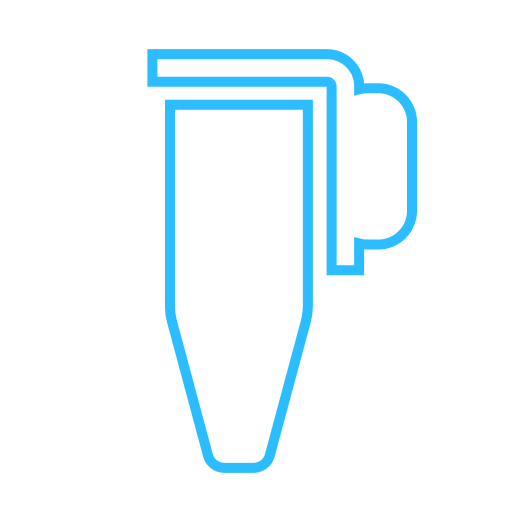pCFD4-U6-1_U6-3tandemgRNAs
Drosophila expression vector for simultaneously expressing two guide RNA (gRNA) sequences from the U6-1 and U6-3 promoters.
Explore Over 2.7k Plasmids: CRISPR Plasmids | More Plasmid Sets
Download pCFD4-U6-1_U6-3tandemgRNAs.dna file
 SnapGene
SnapGene
SnapGene is the easiest way to plan, visualize and document your everyday molecular biology procedures
- Fast accurate construct design for all major molecular cloning techniques
- Validate sequenced constructs using powerful alignment tools
- Customize plasmid maps with flexible annotation and visualization controls
- Automatically generate a rich graphical history of every edit and procedure
 SnapGene Viewer
SnapGene Viewer
SnapGene Viewer is free software that allows molecular biologists to create, browse, and share richly annotated sequence files.
- Gain unparalleled visibility of your plasmids, DNA and protein sequences
- Annotate features on your plasmids using the curated feature database
- Store, search, and share your sequences, files and maps
Individual Sequences & Maps
Plasmid Sets
The maps, notes, and annotations in the zip file on this page are copyrighted material. This material may be used without restriction by academic, nonprofit, and governmental entities, except that the source must be cited as ’’www.snapgene.com/resources’’. Commercial entities must contact GSL Biotech LLC for permission and terms of use.
Discover the most user-friendly molecular biology experience.
